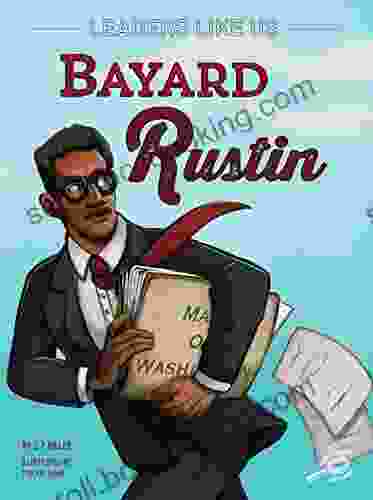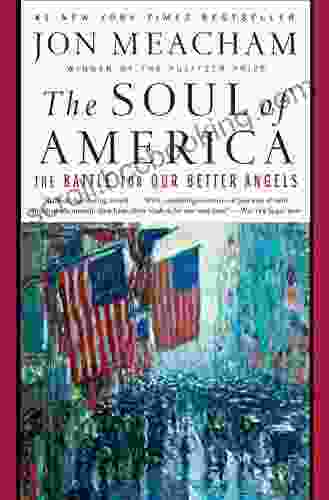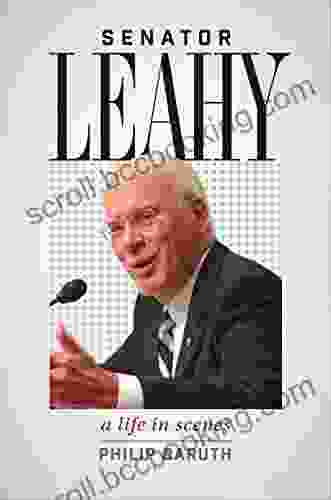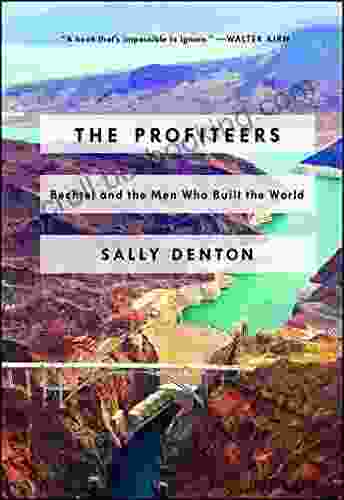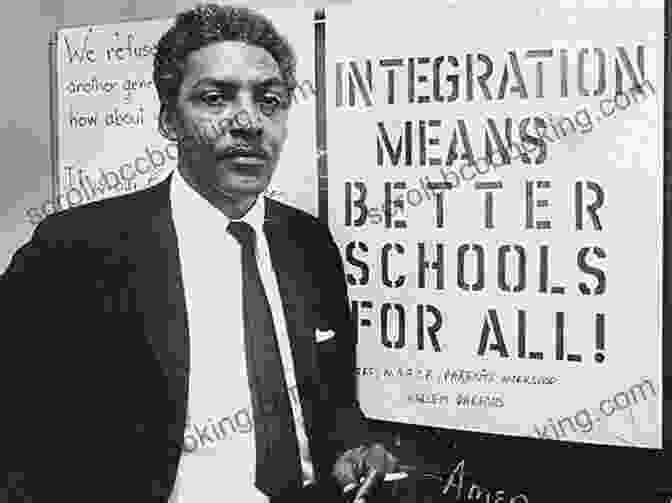
Bayard Rustin was an extraordinary figure who dedicated his life to fighting for social justice and equality. As a prominent civil rights leader, he played a pivotal role in shaping the nonviolent resistance movement and organizing some of the most influential campaigns of the 20th century. Rustin's unwavering commitment, strategic thinking, and ability to inspire others left an enduring legacy that continues to resonate with us today.
4.4 out of 5
| Language | : | English |
| File size | : | 3931 KB |
| Screen Reader | : | Supported |
| Print length | : | 24 pages |
Early Life and Activism
Bayard Rustin was born on March 17, 1912, in West Chester, Pennsylvania. His parents were devout Quakers, and their pacifist beliefs influenced Rustin's worldview from a young age. Growing up, he experienced firsthand the racial prejudice and segregation that was pervasive in American society.
Rustin's activism began in the 1930s when he joined the Young Communist League. He became involved in labor organizing and protested against racial discrimination. His early experiences shaped his belief in the power of organized action and civil disobedience as tools for social change.
The Montgomery Bus Boycott
In 1955, Rosa Parks' refusal to give up her seat on a bus in Montgomery, Alabama, sparked the Montgomery Bus Boycott, a year-long campaign that challenged racial segregation in public transportation. Rustin played a crucial role in the boycott as a strategist and advisor to Dr. Martin Luther King Jr.
Rustin's influence on the boycott was significant. He helped organize the bus boycott committee, drafted speeches, and provided guidance on nonviolent resistance tactics. His leadership was instrumental in maintaining discipline and unity among the protestors, ensuring the boycott's success.
The March on Washington
In 1963, Rustin was a key organizer of the March on Washington for Jobs and Freedom. This historic event brought together over 200,000 people and culminated in Dr. King's iconic "I Have a Dream" speech.
Rustin's role in planning and coordinating the march was immense. He worked tirelessly to secure permits, organize logistics, and ensure the safety of the participants. His meticulous attention to detail and ability to negotiate with city officials were crucial to the march's success.
Philosophy and Nonviolent Resistance
Rustin was a staunch believer in nonviolent resistance as the most effective means for achieving social change. He argued that violence only perpetuates the cycle of hatred and division. Instead, he emphasized the importance of compassion, empathy, and the power of peaceful protest.
Rustin's philosophy of nonviolence was deeply rooted in his Quaker upbringing and his experiences in the labor movement. He believed that the best way to confront injustice was through dialogue, negotiation, and the willingness to suffer for one's cause.
Challenges and Legacy
Despite his significant contributions to the civil rights movement, Rustin also faced challenges and controversies throughout his life. His association with the Communist Party in his early years led to accusations of communist sympathies, which hindered his public image at times.
Furthermore, Rustin's open homosexuality in an era when societal attitudes were highly intolerant created additional obstacles. Despite these challenges, he remained unwavering in his commitment to equality and justice.
Continued Impact and Inspiration
Bayard Rustin's legacy as a civil rights leader and strategist continues to inspire generations. His teachings on nonviolent resistance and the importance of unity have become part of the fabric of the fight for social justice.
Today, Rustin's work serves as a reminder that progress towards equality is not always easy, but it is possible through determination, compassion, and the willingness to work together. His life and activism have left an indelible mark on American history, and his example continues to guide us in the pursuit of a more just and equitable society.



